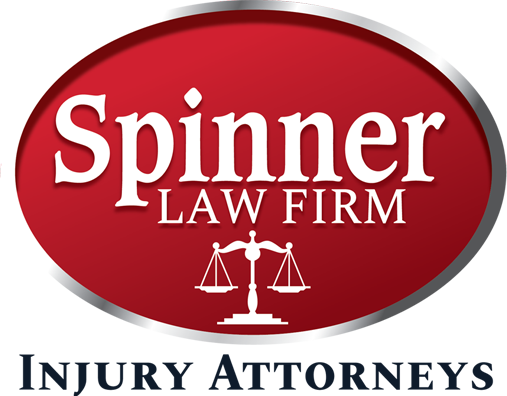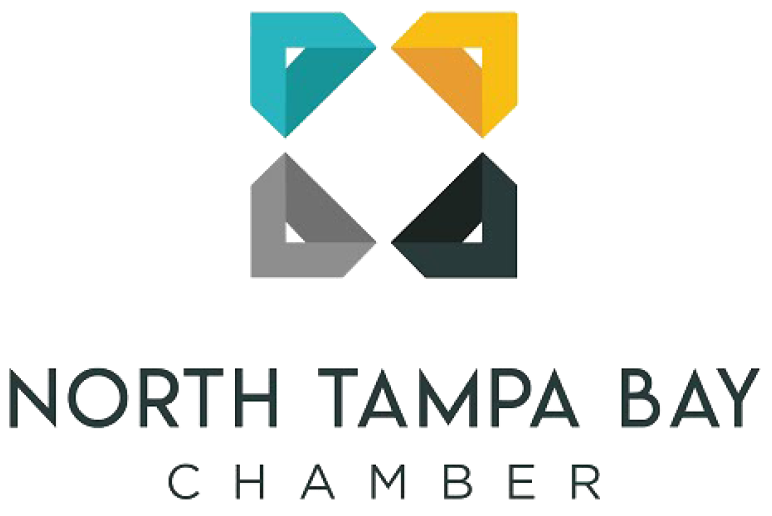Each year, millions of families travel to Florida from all over the world to visit Florida’s amusement parks. From Sea World to Disney, numerous people are injured at theme parks and amusement parks every year.
Thrill rides such as roller coasters, water rides, tower rides that drop, bungee rides, water rides, and other thrill rides are usually safe and fun family entertainment. Unfortunately, from time to time, by carelessness, an accident occurs and riders can suffer serious injuries including, head trauma, severed limbs, spinal cord injuries, fall injuries, paralysis, psychological and emotional trauma and even wrongful death.
If you or someone you know is injured while riding an amusement park ride in Florida, please contact Spinner Law Firm for a free consultation. We have the knowledge and experience to properly investigate and handle theme park accidents so that you can receive the maximum recovery for your injuries.
There are multiple ways that a theme park can be held negligent in an amusement park accident case. The ride itself may be defective in its design or the ride may have malfunctioned during its operation. Additionally, theme parks can be held liable for failing to secure its grounds and permitting hazardous conditions to remain on the premises.
If you are injured at a Florida theme park, it is critical that you hire an accident lawyer right after the accident occurs so that witness statements and evidence are preserved. We are Florida theme park attorneys and are familiar with the state and county codes and regulations that govern amusement park rides throughout the State of Florida.
If you or a loved one has been seriously injured at a Florida theme park, contact our firm now for help. We are standing by to help 813-991-5099.
Why choose us?
Understanding your legal rights and knowing where to turn for sound, straight forward legal advice is the foundation of our firm. We look forward to the opportunity to assist you with the formation of your new Florida business.
9 things to do after a motor vehicle accident:
There are many critical steps to take after being in an accident. Here are our suggestions on what to do following a crash:
- 1. Exchange insurance
- 2. Call law enforcement
- 3. Never admit fault
- 4. Do not move your vehicle
- 5. Accept transportation
- 6. Report the accident
- 7. Do not provide a recorded statement
- 8. Do not post on social media
- 9. Contact Us
Exchange insuranceExchange insurance information with all of the other vehicles involved in the crash including their name, address, phone number and insurance policy information.
Call law enforcementCall law enforcement immediately. Even if you think you may not be badly injured, the police report will help identify the parties and who is at fault for causing the crash.
Never admit faultNever admit fault. Your lawyer will investigate the details of your crash and help figure that out with you.
Do not move your vehicleDo not move your vehicle until you have taken photos of the location of impact, the accident scene, and the damage to your vehicle and all others involved in the crash.
Accept transportationAccept transportation to the hospital ER or be seen at a local Hospital or Urgent Care.
Report the accidentReport the accident to your insurance company right away and take note of the claim number assigned to your claim.
Do not provide a recorded statementDo not provide a recorded statement to any insurance company without first speaking with a lawyer.
Do not post on social mediaDo not post about the accident or your injuries on social media.
Contact UsContact an experienced personal injury attorney.
Auto Accident information Center:
Helpie FAQ
- When to call a lawyer a motor vehicle accident?
Right after an accident, the insurance company is investigating the claim and taking steps to assure that you recover as little compensation as possible for your injuries. It is critically important to contact a qualified auto accident attorney as soon as possible to protect yourself from the insurance company and make sure the proper steps are taken to investigate the accident and secure the evidence necessary to prove responsibility for the crash.
- How do I pay for a personal injury attorney?
Auto Accident cases are accepted on a contingency fee basis. This means that you are not charged any out of pocket expenses in connection with hiring a lawyer. After the lawyer resolves your case either by settlement or jury verdict, then the applicable attorney fee is paid from the proceeds of the settlement.
- Should I provide a recorded statement to the insurance company?
You are not required to provide a statement to the at fault driver’s insurance company. If one is requested, you should decline and defer to your attorney. You may be required to provide a statement to your own insurance company as most policies of auto insurance obligate you to provide “reasonable cooperation” which can include a statement. Do not provide a statement to any insurance company without first speaking to your attorney.
- How do I get my property damage repaired after a motor vehicle accident?
The at fault driver’s at fault driver’s insurance company is responsible for the repairs to your vehicle. If there is a dispute regarding who is responsible for causing the crash, you can arrange to have the repairs handled through your own insurance company, provided you have collision coverage on your policy.
- How do I get a rental vehicle after a motor vehicle accident?
The at fault driver’s insurance company is responsible for getting you into a rental vehicle. If there is a dispute regarding who is responsible for causing the crash, you can arrange for a rental through your own insurance company, provided you have rental coverage on your policy.
- What is Florida PIP?
Florida law requires auto insurance policies to include Personal Injury Protection (PIP). Following a motor vehicle crash, your own insurance would cover 80% of your medical bills and a portion of your lost wages up to $10,000.00. This is the case regardless of who was at fault for the accident. You only have fourteen days to receive medical treatment following a crash in order to qualify for PIP. This means that even if your symptoms are mild, but you suspect you may be injured as a result of a crash, you should get medical treatment as soon as possible.
- Who pays for my medical expenses after a motor vehicle accident?
Initially, your medical expenses are covered in part by your own insurance policy under the PIP (“Personal Injury Protection”) coverage. Uncovered medical expenses are recovered by your attorney from the responsible party’s insurance company as part of your personal injury case. Typically, you should not incur any out of pocket medical expenses in connection with accident related treatment.
- What kind of compensation can I recover from a motor vehicle accident?
There is a wide variety of damages that can be recovered from a motor vehicle accident. The at fault driver’s insurance company is responsible for your past a future medical expenses. If you were unable to work due to your injuries, you can recover your lost wages. If your capacity to work in the future is diminished, you can recover compensation. Subject to proof that your injuries caused from a motor vehicle crash are permanent, you can recover compensation for pain and suffering both in the past and in the future. This is a very generalized overview of the types of compensation you can recover. Your attorney will counsel you in greater detail.
Types of Auto Accidents:
Our team handles all types of auto accidents causing serious injuries and death. The most common include:
The Most Common Includes:
If you or a loved one has suffered a serious injury in an automobile collision and are seeking an exceptional team of auto accident attorneys in the Tampa Bay area, please contact Spinner Law Firm, P.A. for a free and immediate consultation. Take your first step toward protecting your legal rights and pursuing a successful verdict or settlement with the help of our dedicated attorneys. Call now: 813-991-5099. We are standing by 24/7 to help.














